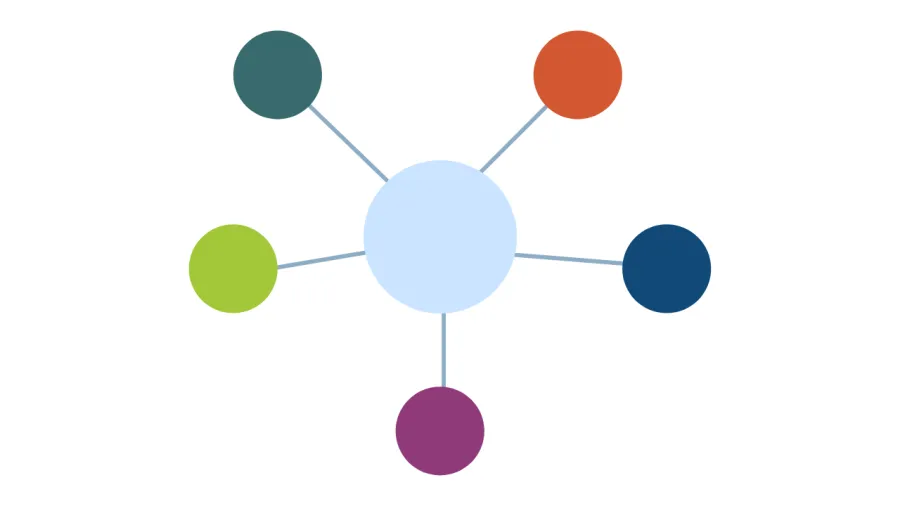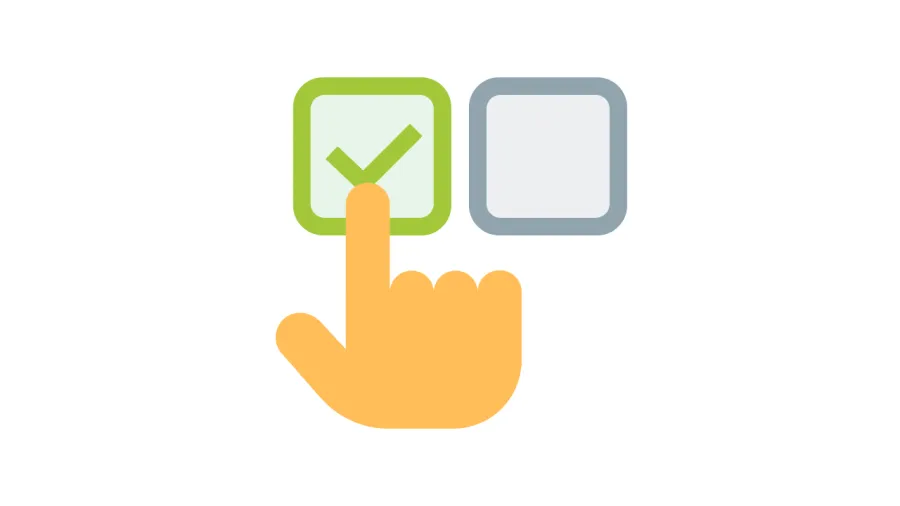
Core Compliance
With the Basic Compliance Package, you will receive Healthcare Compliance Pros' Core Compliance Solution.
This solution offers an assigned support team, customized policies and procedures, online training, access to our compliance forms database, and a subscription to our Compliance Insider Newsletter.

Solution of Your Choice
To complete your Basic Compliance Package, you choose the solution that will benefit your organization most.
Your options include HIPAA/SRA, OSHA, Corporate Compliance, Human Resources, or our Learning Management System.
Basic Compliance FAQs
Q What are the basics of HIPAA regulations?
The Health Insurance Portability and Accountability Act (HIPAA) was enacted in 1996 to ensure the privacy and security of protected health information (PHI). HIPAA compliance is mandatory for healthcare providers, health plans, and business associates. Key elements of basic compliance with HIPAA regulations include the following:
Privacy Rule
The Privacy Rule establishes guidelines for handling PHI, ensuring its confidentiality, and protecting patients' rights. Basic compliance requires following all guidelines laid out by the privacy rule.
Security Rule
The Security Rule mandates implementing administrative, physical, and technical safeguards to protect electronic PHI from unauthorized access or breaches. To achieve basic compliance, companies must ensure that all the safeguards required by the security rule remain in place.
Breach Notification Rule
Organizations must promptly report any breaches of unsecured PHI to affected individuals, the Department of Health and Human Services (HHS), and, in some cases, the media.
Q What is OSHA standards compliance?
The Occupational Safety and Health Administration (OSHA) sets and enforces standards to ensure safe and healthy working conditions for employees across various industries. Basic OSHA compliance helps prevent workplace accidents, injuries, and illnesses. Some fundamental aspects of OSHA standards for core compliance include:
Hazard Communication
OSHA's Hazard Communication Standard (HCS) requires employers to provide information and training to employees about hazardous chemicals in the workplace.
Injury and Illness Recordkeeping
Employers must maintain accurate records of work-related injuries and illnesses, allowing for better analysis and prevention of workplace hazards.
Personal Protective Equipment (PPE)
Employers must provide and ensure the proper use of necessary safety equipment, such as goggles or gloves.
Q What's the difference between basic HIPAA compliance and basic OSHA compliance?
Although HIPAA and OSHA regulations both focus on compliance, they address different aspects of an organization's operations. The primary differences between basic HIPAA compliance and basic OSHA compliance include the following:
Scope
HIPAA primarily concerns safeguarding protected health information, while OSHA concentrates on maintaining safe and healthy working conditions.
Industry Application
While HIPAA applies to healthcare-related entities, OSHA standards cover a broader range of industries, including manufacturing, construction, and more.
Focus
HIPAA compliance centers on patient privacy, security, and data protection. In contrast, OSHA compliance emphasizes employee safety, hazard identification, and risk mitigation.
Q Why is corporate compliance important?
Corporate compliance ensures ethical practices, protects employees' health and well-being, and maintains public trust. Several key factors highlight the importance of corporate compliance:
Legal Consequences
Failure to comply with core compliance regulations can result in severe legal and financial repercussions, including fines, penalties, and potential lawsuits.
Reputation and Trust
Complying with regulations demonstrates a commitment to ethical conduct, enhancing an organization's reputation and fostering trust among customers, employees, and stakeholders.
Employee Safety and Well-being
Compliance with regulations such as OSHA ensures that employees work in a safe environment, minimizing the risk of accidents, injuries, and illnesses.
Data Security and Privacy
Adhering to regulations like HIPAA protects confidential information, mitigating the risk of data breaches and preserving clients' trust in an organization.
